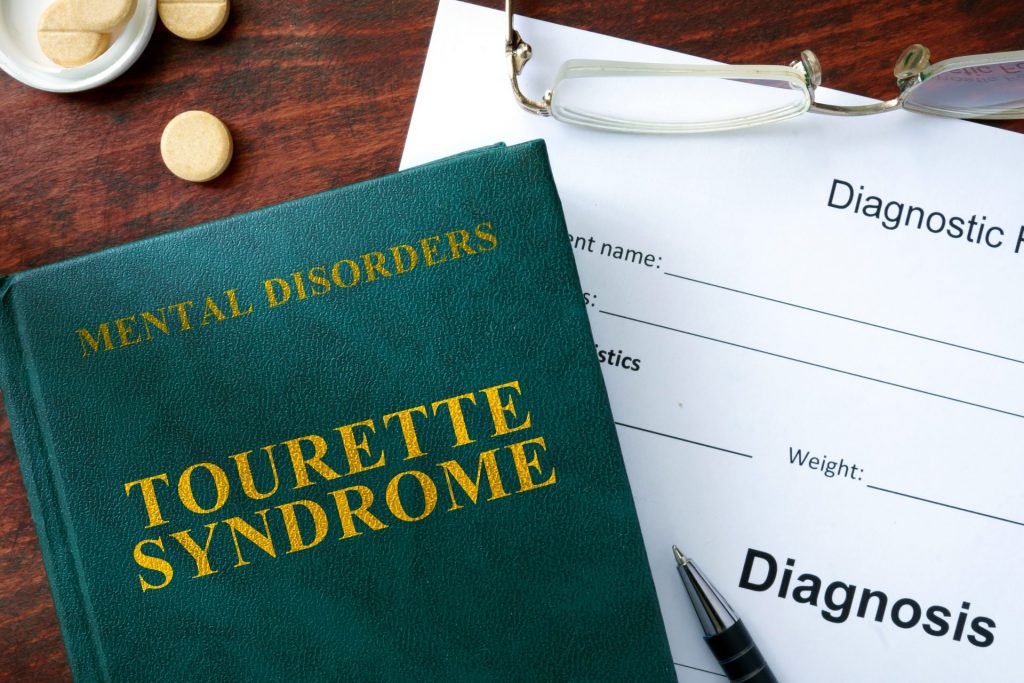After the death of a family member or loved one, everyone deals with grief in their own way. There is no one right way to deal with grief. While some people deal with grief through the support of their family and friends, others need the help of a grief counselor to appropriately deal with their grief. Here are three signs that you may need the assistance of a grief counselor.

You Can’t Move On
It may be hard to function for a few days after the death of a loved one. While the pain of losing your loved one will never fully go away, you should eventually be able to get back into a regular routine. If you find that you can’t get out of bed or otherwise move on with your life, it might be time to seek the assistance of a grief counselor. A grief counselor can help you deal with your emotional pain and establish a new regular routine.
You’re Feeling Overwhelming Guilt
There are many reasons that someone might feel guilt concerning the death of a loved one. Maybe, you didn’t encourage the person to see a doctor sooner, or you were there when the person died. Perhaps, you were both involved in a car accident, and while your family member died, you only suffered minor injuries. Survivor’s guilt can be difficult to deal with. A grief counselor can help you deal with any guilty feelings concerning the loss of your loved one.
You Feel Like You Can’t Talk to Anyone
Perhaps, you don’t have any nearby family or friends, and you are struggling to find someone who understands what you are going through or someone who will listen to your struggles. Maybe, you feel like everyone around you is dealing with their grief differently, and you feel like they don’t share your same struggles or concerns. It might be time to turn to a grief counselor.
If you would like to learn more about grief counseling or you are ready to schedule an appointment, contact us.









